The malaise of corruption has become deeply embedded in the political and social fabric of the Indian society. The increased frequency and scale of corruption have had deleterious effects on a wide range of issues. Corruption, therefore, must be viewed not just as an issue of law and order or of the criminal justice system; instead it has larger and adverse implications for development initiatives, transparency in administration, economic growth, access to justice, and human rights.
This important and timely work adopts a new approach for analysing corruption corruption as a violation of human rights. Highlighting the inherent deficiencies in the existing institutions, mechanisms, laws, and law enforcement agencies, the book strongly proposes the adoption of a multi-pronged strategy for eliminating corruption. This includes the creation of a new legislative framework, an effective institutional mechanism, a new independent and empowered commission against corruption, and greater participation of the civil society. It also compares India’s experiences of combating corruption with many societies in Asia including Singapore and Hong Kong.

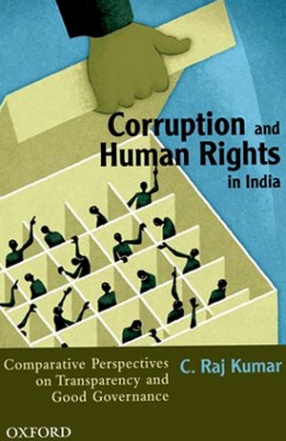
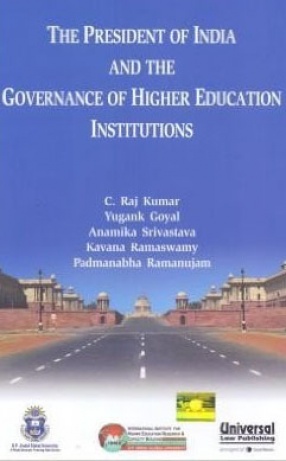
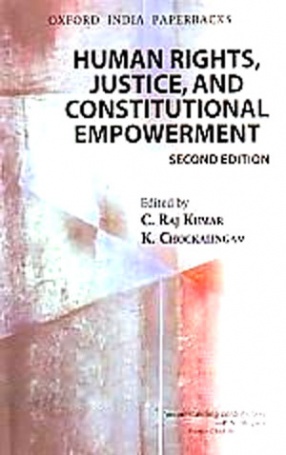
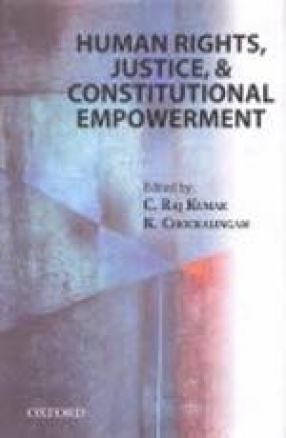

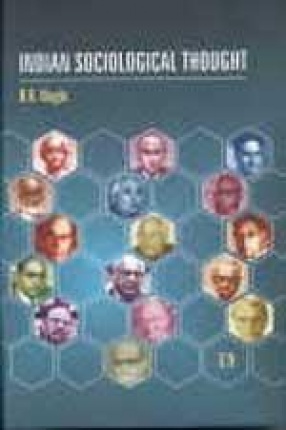
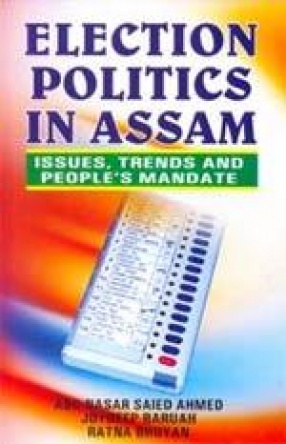
There are no reviews yet.